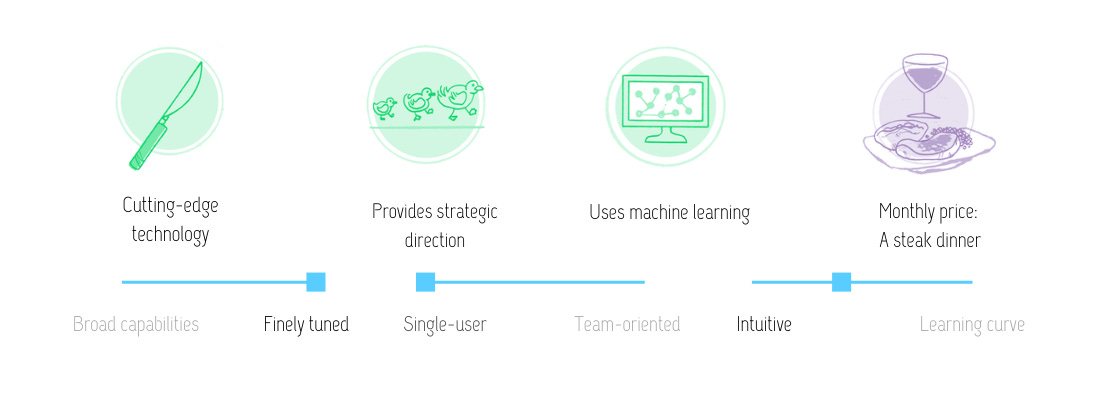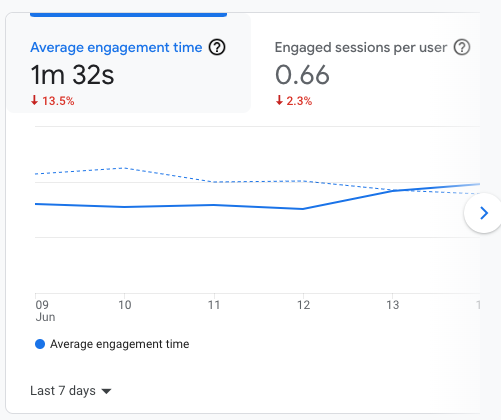A version of this post originally appeared in the September 10, 2020 issue with the subject line "How news media companies lose audience trust" and a review of SEO research tool Answer the Public.
Digital content research is a legit hydra, with a never-ending supply of keywords and ideas and queries from different sources, all positioning to be the best fountain of ideas for your content calendar. It’s hard to know where to start and when to stop during the research process, with new ideas and new software surfacing endless amounts of user queries that could be used.
For the past few years, one of the most popular sources of keyword data has been tools that scrape Google’s auto-complete suggestions. I’ve always found these marginally helpful. The auto-complete algorithm’s dependence on existing datasets and location biases means it’s simply not as helpful (or as accurate) when compared to either keyword planner/Ads API data.
But Answer the Public mitigates some of those tensions by organizing, contextualizing and storing that auto-complete data, which makes it the first auto-complete scraper I recommend for as part of a content research program.
Answer the Public at a glance

Answer the Public is a freemium content research tool that generates auto-complete terms, organized by question signifiers and then by alphabetical. The free version lets you search on two queries per day, which can be exported and analyzed with your own tools. But the paid version is far more valuable, allowing users to save and compare auto-complete results over time and over geographies.
Using it is simple: Type in a one- or two-word search query, select a country, and receive a host of ideas and questions about that query based on recent searches.
More important than the tool’s direct function, Answer the Public provides educational materials on how to use the data and what it means in context. Moz is the only other keyword research tool that invests that deeply into educating its users about what the data means and why they should use keyword data.
My only two problems with the tool:
- The creepy dude in the background video who watches as you type. It’s an apt metaphor for the surveillance economy, but it’s legit disconcerting.
- The name of the tool. “Answer the Public” implies that the data is some kind of noble town hall when it’s the same Google data every other autocomplete scraper uses. The data is not from the public; it’s the Google user. “Answer the Searcher” would be a better name.
As with all keyword research tools, Answer the Public should be used with other tools to triangulate insights and identify trends. (I run all the queries I get from ATP through SEMRush’s Keyword Magic to determine popularity and search volume.) But it’s a good start for content research and a worthwhile addition to your tool stack.
Hand-picked related content








